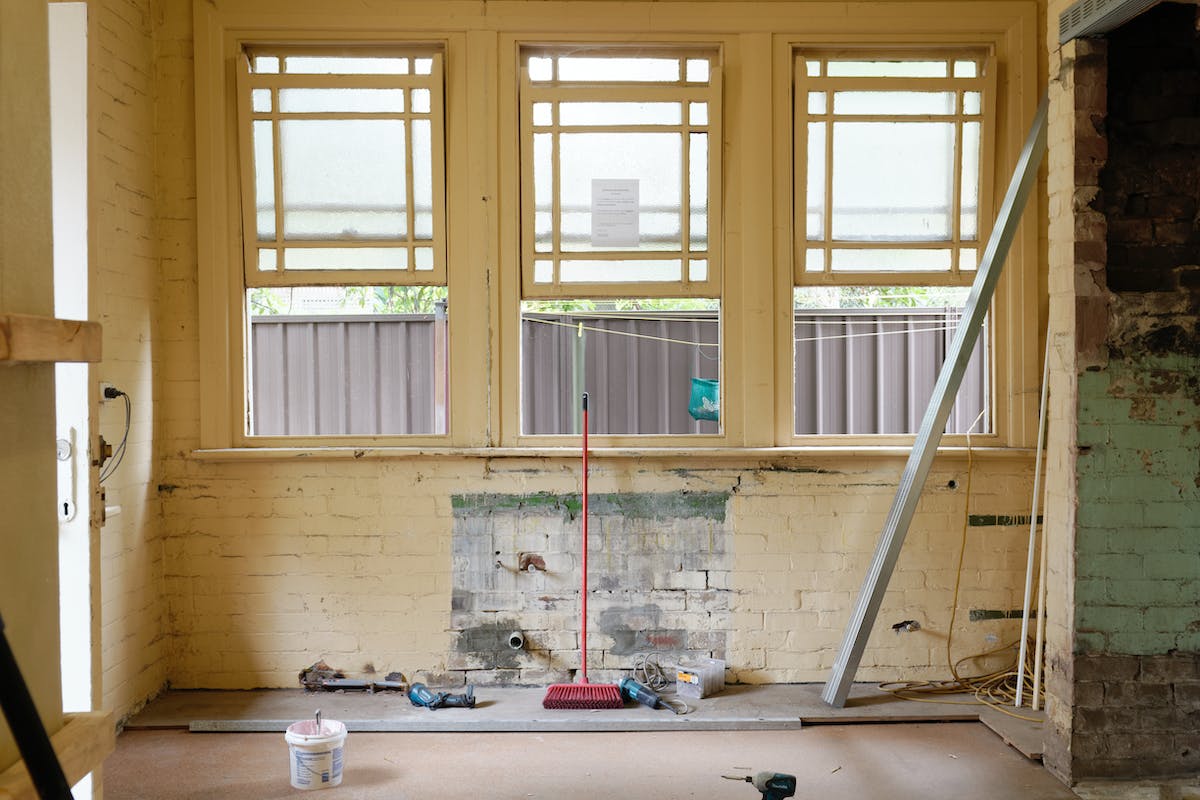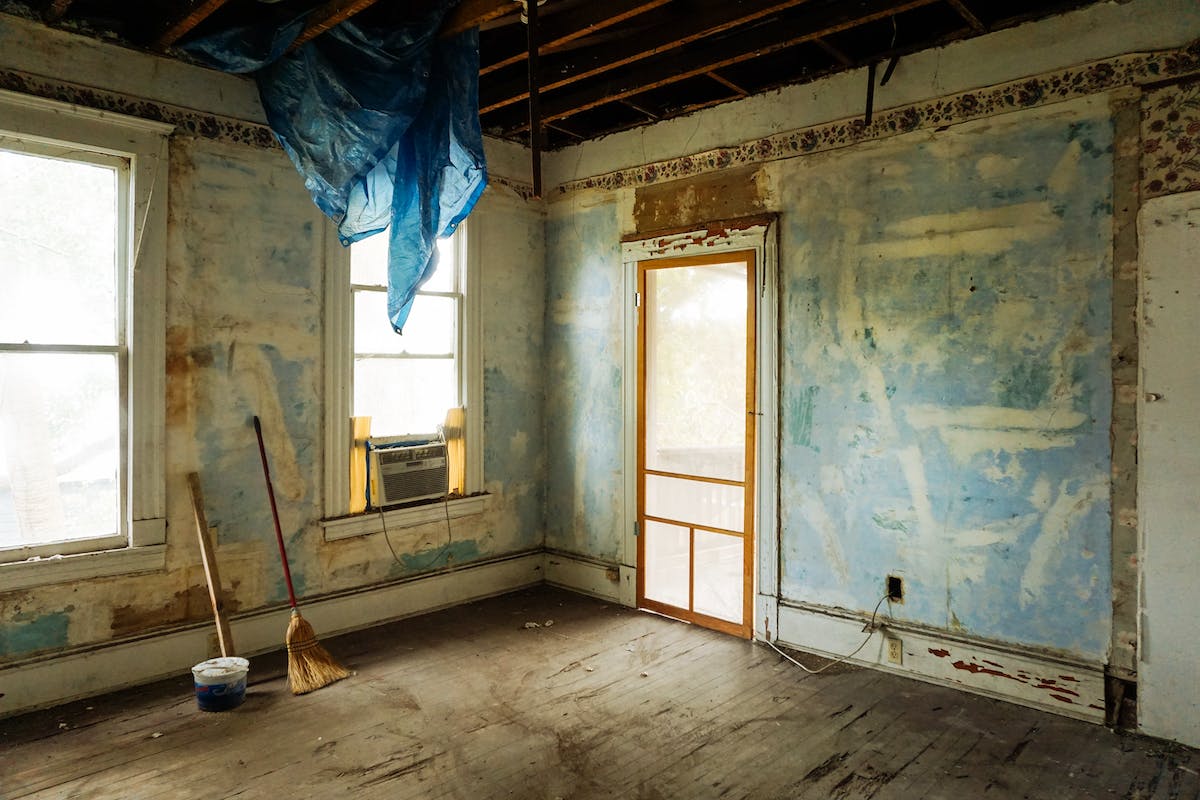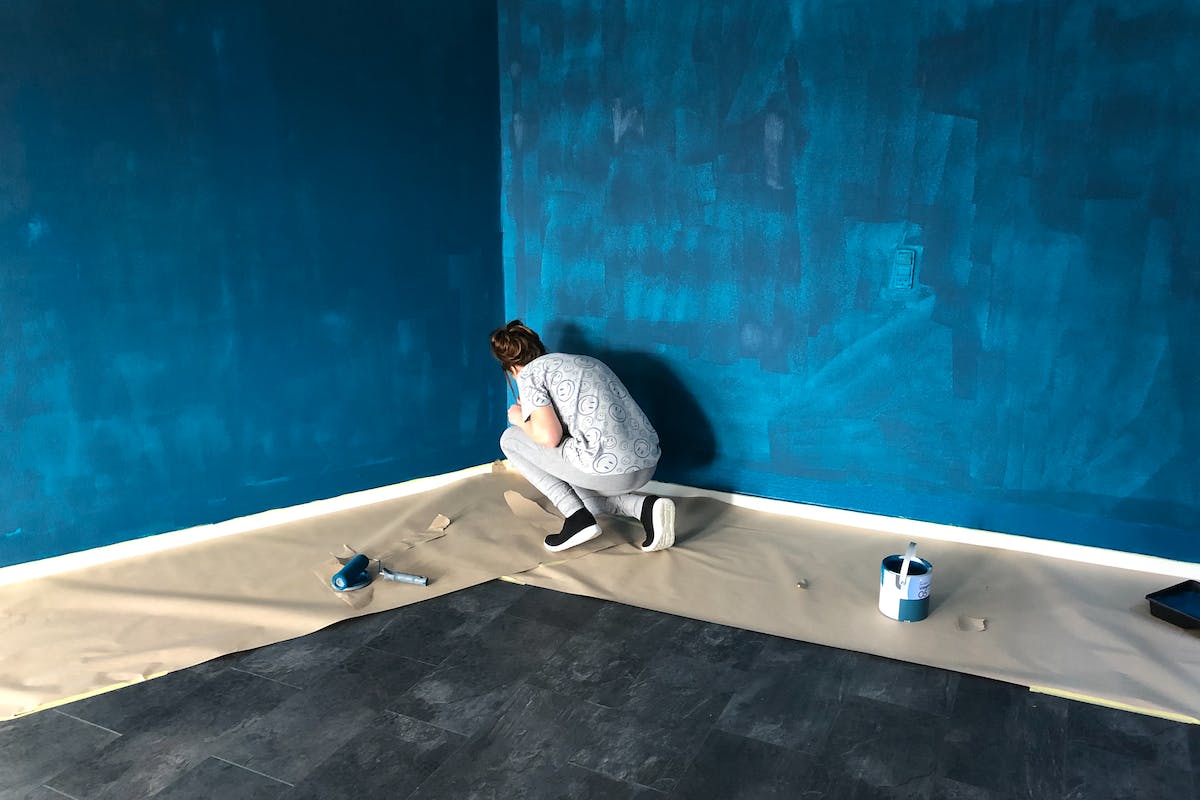
Flipping houses in Massachusetts presents a unique and rewarding venture that goes beyond the conventional realm of real estate investment. The Bay State offers a dynamic landscape for property transformation, combining historical charm with modern opportunities. This article delves into the art of flipping houses in Massachusetts, exploring the strategies that set this region apart in the world of real estate entrepreneurship.
In recent years, Massachusetts has emerged as a lucrative market for house flipping, fueled by its vibrant cities and diverse neighborhoods. The state’s real estate market reflects a delicate balance between tradition and innovation, making it an ideal canvas for investors seeking both aesthetic and financial rewards. From the picturesque streets of Boston to the coastal gems of Cape Cod, each property carries the potential for a transformative journey.
Join us as we uncover the secrets behind turning neglected properties into profitable assets, exploring the intricacies that make house flipping in Massachusetts an art form with unlimited potential.
The Massachusetts Real Estate Market
As of November 2023, the Massachusetts real estate market continues to demonstrate resilience and growth. Home prices have seen a commendable uptick of 6.2% compared to the previous year, with a median selling price of $594,900. Despite a slight dip in the number of homes sold, down by 10.8% year over year, the market remains dynamic, with 5,028 homes changing hands in November 2023. Impressively, the median days on the market have decreased to 21 days, reflecting a faster pace of transactions compared to the previous year.
For investors eyeing potential opportunities, it is crucial to stay attuned to these trends, as they provide valuable insights into the market’s overall health and potential for profitability. The data indicates a resilient and competitive market, encouraging prospective house flippers to carefully analyze these statistics and make informed decisions in their pursuit of transforming properties in Massachusetts.
Several factors contribute to the robustness of the Massachusetts real estate market. Economic stability and job growth continue to fuel demand, maintaining a positive trajectory for property values. Additionally, the state’s commitment to education and healthcare, coupled with a strong job market, attracts a steady influx of residents, further supporting the housing sector.
Investors should closely monitor these influential factors, recognizing their impact on the market’s dynamics. A comprehensive understanding of the economic landscape will empower house flippers to navigate the market effectively, identifying windows of opportunity for successful property transformations.
Target Neighborhoods for House Flipping
The top 10 metros in Massachusetts with the fastest-growing sales prices present compelling options for house flippers seeking lucrative ventures. Dracut, MA, leads the pack with an impressive 29.5% growth, followed by Franklin and Franklin Town at 27.0%. Other promising locations include Newburyport, Acton, and Hudson, all boasting significant growth rates.
Strategic identification of target neighborhoods is important for success in house flipping. By honing in on areas experiencing notable growth, investors can capitalize on rising property values and increasing demand. The outlined metros provide a starting point for those looking to delve into the Massachusetts real estate market with a discerning eye for potential profitability.

Legal and Regulatory Considerations
In essence, success in house flipping in Massachusetts hinges on a thorough understanding of the state’s real estate laws, meticulous adherence to permit requirements, and proactive compliance with building codes and zoning regulations. These legal considerations not only protect the investor but also contribute to the sustainable and responsible transformation of properties in the Bay State.
Understanding the state’s real estate laws lays the foundation for a successful and legally compliant venture. Massachusetts, like many states, operates under common law principles, but nuances specific to the state must be grasped.
Key legal aspects include property rights, contracts, and disclosures. The state mandates certain disclosures in real estate transactions to protect both buyers and sellers. As an investor, being well-versed in these legalities ensures transparency and credibility.
Permits and Approvals Required for House Flipping
Flipping houses in Massachusetts involves substantial renovations, making it imperative to secure the necessary permits and approvals. The permitting process in Massachusetts varies based on the scope of work, with local authorities overseeing approvals. Investors must conduct due diligence to identify the specific permits required for their projects, which may include building permits, environmental permits, and more.
Obtaining permits not only ensures compliance with the law but also safeguards against potential legal complications down the line. Failure to secure required permits can lead to fines, delays, or even the halting of a project, emphasizing the critical role of proper documentation and adherence to regulatory procedures.
Compliance with Building Codes and Zoning Regulations
Flipping houses in MA demands adherence to stringent building codes and zoning regulations. Massachusetts, with its diverse architecture and historical significance, often has unique requirements to preserve the character of neighborhoods. House flippers in Boston and surrounding areas must align their renovation plans with these codes to ensure safety, structural integrity, and compliance with local aesthetics.
Zoning regulations dictate land use, density, and permissible modifications to structures. Investors need to be vigilant about zoning restrictions to avoid complications during or after the renovation process. Engaging with local planning boards and zoning authorities can provide clarity and facilitate smooth compliance.
Financial Planning
Flipping houses in Massachusetts demands a meticulous approach to financial planning, starting with a comprehensive budget that encompasses both acquisition and renovation costs. Property prices, especially in thriving markets, can vary significantly, requiring investors to conduct thorough market analyses to ascertain fair acquisition prices. Renovation budgets should be detailed, factoring in materials, labor, permits, and potential unforeseen expenses.
Creating a contingency fund is a wise practice, given the inherent uncertainties in the renovation process. Overestimating costs and being prepared for unexpected challenges contribute to a more resilient financial plan, ensuring that investors have the financial stamina to weather the complexities of house flipping.
Securing Financing Options in Massachusetts
Securing adequate financing is a pivotal step in the house-flipping journey. Massachusetts offers various financing options tailored to the needs of real estate investors. Traditional bank loans, private lenders, and hard money loans are among the options available. Each avenue comes with its own set of terms, interest rates, and eligibility criteria.
Establishing a strong credit profile and building relationships with local lenders can enhance financing opportunities. Private lenders and hard money loans may offer faster approval processes, crucial for the time-sensitive nature of house flipping. Investors must weigh the pros and cons of each option, selecting the financing avenue that aligns with their specific project and financial objectives.
Calculating Potential Returns on Investment
House flipping success hinges on the ability to accurately assess potential returns on investment (ROI). This involves a detailed analysis of the acquisition and renovation costs against the anticipated selling price. Investors must factor in holding costs, real estate agent commissions, and closing costs to arrive at a realistic projection of profits.
Understanding the Massachusetts real estate market trends and the specific dynamics of the target neighborhood contributes to a more precise ROI calculation. Investors should also consider the time factor—how long the property is expected to be on the market—when evaluating potential returns. This holistic approach ensures that financial planning is grounded in realistic expectations, guiding investors toward profitable house-flipping endeavors.
Finding the Right Properties

A successful house flipper in Massachusetts can astutely identify distressed properties with untapped potential. These properties, often overlooked by traditional buyers, present a unique opportunity for transformation. Dilapidated structures, outdated designs, or properties in need of significant repair may hold hidden value when approached with a discerning eye. Investors should leverage comprehensive property assessments, considering not only the current state but also the potential for enhancement and value appreciation.
Massachusetts provides a fertile ground for discovering hidden gems through auctions, foreclosures, and off-market opportunities. Auctions can yield properties at below-market prices, while foreclosures offer the chance to acquire distressed assets. Exploring off-market opportunities involves building connections with local real estate professionals, networking, and leveraging word-of-mouth to access properties before they hit the market.
Once potential properties are identified, successful negotiation becomes a crucial skill for house flippers. Massachusetts’ competitive real estate landscape demands savvy negotiation strategies to secure favorable deals. Understanding the seller’s motivations, conducting thorough market research, and demonstrating financial readiness can strengthen a negotiator’s position. Whether dealing with banks in foreclosures or individual sellers, a well-crafted negotiation strategy can result in acquiring properties at a lower cost, setting the stage for a more lucrative house-flipping venture.
The Art of Renovation
The success of a house flip in Massachusetts hinges on the ability to merge cost-effectiveness with an aesthetically pleasing design. Before swinging the first hammer, investors must meticulously plan the renovation, identifying areas where cost savings can be achieved without compromising visual appeal. This involves a keen understanding of current design trends, materials, and finishes that resonate with potential buyers in the Massachusetts real estate market.
Incorporating a cohesive design concept that enhances the property’s overall aesthetic while adhering to a budget is a delicate balancing act. A strategic approach involves prioritizing renovations that yield the highest return on investment, such as kitchen and bathroom upgrades, and integrating cost-effective yet stylish finishes to create a compelling visual impact.
Hiring Skilled Contractors and Managing Renovations
Executing a successful renovation requires assembling a team of skilled contractors and effectively managing the entire process. In the Bay State, where historical charm often meets modern demands, contractors with a proven track record of working with older properties are invaluable. Thorough vetting, checking references, and ensuring all contractors are licensed and insured are essential steps in the hiring process.
Effective project management involves setting clear expectations, maintaining open communication, and adhering to timelines. Delays can translate to increased holding costs, impacting the overall profitability of the venture. By fostering a collaborative and organized working environment, investors can ensure that renovations progress smoothly and that the finished product aligns with both budgetary constraints and market expectations.
Incorporating Modern Features
In the evolving landscape of Massachusetts real estate, integrating energy-efficient and sustainable features during renovations is not only a responsible choice but also a strategic one. Homebuyers in the Bay State increasingly prioritize properties with eco-friendly elements, ranging from energy-efficient appliances to sustainable building materials.
Investors should explore options such as solar panels, smart home technologies, and energy-efficient HVAC systems to enhance the property’s appeal and long-term value. Beyond attracting environmentally conscious buyers, these features can contribute to reduced operational costs, positioning the renovated property as a forward-thinking and cost-effective choice in the competitive Massachusetts market.
Selling a Flipped Property
Selling a flipped property with the expertise of real estate agents can significantly enhance the success and profitability of the venture. In Massachusetts, where the real estate market can be highly competitive, engaging with seasoned professionals is a strategic move.
Real estate agents bring a wealth of local market knowledge, helping investors accurately price the flipped property for maximum returns. Their insights into buyer preferences and current trends enable a targeted marketing approach, ensuring the property stands out in the crowded marketplace. Agents also leverage established networks and marketing channels, including online platforms and social media, to maximize exposure and attract potential buyers.
Negotiation skills are a hallmark of experienced real estate agents. They adeptly navigate the subtleties of deal-making, securing the best possible sale price while ensuring a smooth transaction process. Moreover, their ability to handle paperwork and navigate legal intricacies ensures a seamless closing process, minimizing the risk of delays or complications.
Collaborating with real estate agents in Massachusetts provides investors with a comprehensive and strategic approach to selling flipped properties. From pricing and marketing to negotiation and closing, their expertise streamlines the selling process, allowing investors to reap the full rewards of their meticulously executed house-flipping endeavors.
Conclusion

Today we’ve explored the art of house flipping in Massachusetts, unraveling the layers of strategic planning, legal considerations, financial acumen, and the creative finesse required for successful renovations. The Bay State, with its historical charm and dynamic real estate market, stands as a canvas for investors to realize their vision and reap the rewards of a well-executed house-flipping venture.
It’s evident that the transformative power of house flipping is not just about renovating structures; it’s about revitalizing communities, preserving the essence of the past, and meeting the evolving needs of modern homeowners. Massachusetts, with its diverse neighborhoods and thriving cities, offers a rich landscape for those with the insight to unlock hidden potentials.
For those eager to embark on their own house-flipping odyssey, Ardor Homes Massachusetts invites you to take the next step. Our team of seasoned professionals understands the intricacies of the local market, providing tailored solutions for acquiring, renovating, and selling properties. Whether you’re a seasoned investor or a newcomer to the world of house flipping, Ardor Homes Massachusetts is your trusted partner in unlocking the full potential of real estate transformations. Join us in reshaping the Bay State, one property at a time, and discover the unparalleled satisfaction of turning neglected houses into homes that captivate both history and the future.

In her 25-year career, Steph Wilkinson has been involved in the acquisition, marketing and sales of over $3 Billion dollars of residential real estate. A number of years ago, Steph transitioned into Brokerage Leadership for National real estate brands and tech start-ups. She has served as a Business Strategist for real estate agents and brokerages alike and is also a real estate coach and trainer. In her new role with the Iconic Team, Steph will be responsible for the growth of the team and will be working with all of our agents to increase their productivity and bottom line.
Buy and Sell Your Property in One Place
Our team of experienced real estate agents and user-friendly platform will help you streamline the process of buying or selling your home




